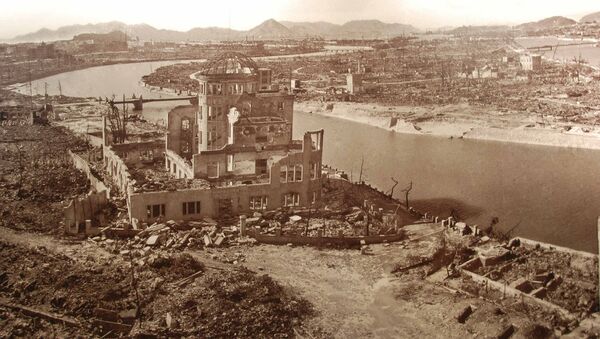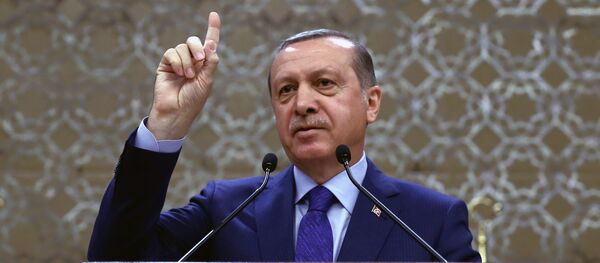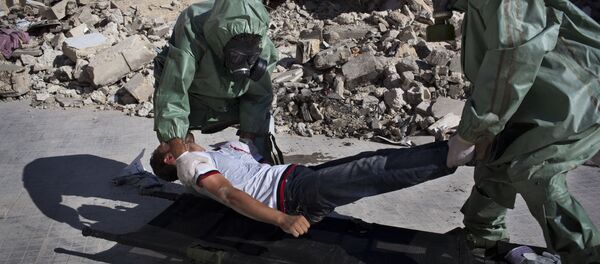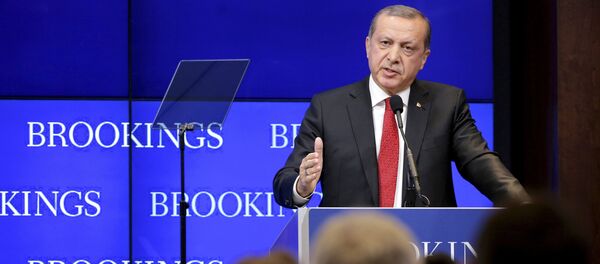President Obama plans to visit Hiroshima in May, according to US Secretary of State John Kerry.
The visit would be the first by a sitting US president. Hiroshima is the site of the deadliest single wartime bombing in human history as, on August 6, 1945, then-President Harry S. Truman ordered a nuclear attack on the city, killing some 140,000 Japanese civilians.
The 1945 bombing of Hiroshima came just a few days after a horrific firebombing campaign in Tokyo that killed over 100,000 civilians, and three days later was followed by a second nuclear attack on the city of Nagasaki, which killed some 80,000 people. The attacks occurred following signals from Japanese envoys to US officials that the country was willing to surrender.
An apology by President Barack Obama, however, would be viewed as controversial, as many Americans view the bombings of Hiroshima and Nagasaki as justified measures necessary to end World War II and save US lives.
The Japanese people, for their part, appear to understand the bind that President Obama would be in if an apology were a pre-condition to his visit. Despite repeated public opinion polls in Japan finding that most people believe the bombings unjustified, interviews with Japanese civilians and officials display an understanding that there will be no apology.
"If the president is coming to see what really happened here and if that constitutes a step toward the abolition of nuclear arms in future, I don't think we should demand an apology," said Takeshi Masuda, a 91-year-old former school teacher, in an interview with Reuters. "It has been really tough for those who lost family members. But if we demand an apology, that would make it impossible for him to come."
Miki Tsukshita, a 75-year-old nuclear non-proliferation activist, agrees with Masuda. "What really matters is not repeating the tragedy. I want him to say to other nuclear states I’ve come to Hiroshima, so should you." Tsukshita was five years old when he survived the atomic bombing of Hiroshima.
Hiroshi Harada, former head of Hiroshima’s Peace Memorial Museum, questions whether the Japanese people would welcome the president. Harada recounted the bombing, saying, "At that moment, we saw people burned black, having their skin melted or limbs blown apart so it is unlikely that survivors would be in a cheery, welcoming mood."
Harada believes, however, that President Obama has the courage to visit Hiroshima to advance the abolition of nuclear weapons. "I would want to accept his visit with hopes that it will lead to the next action."





